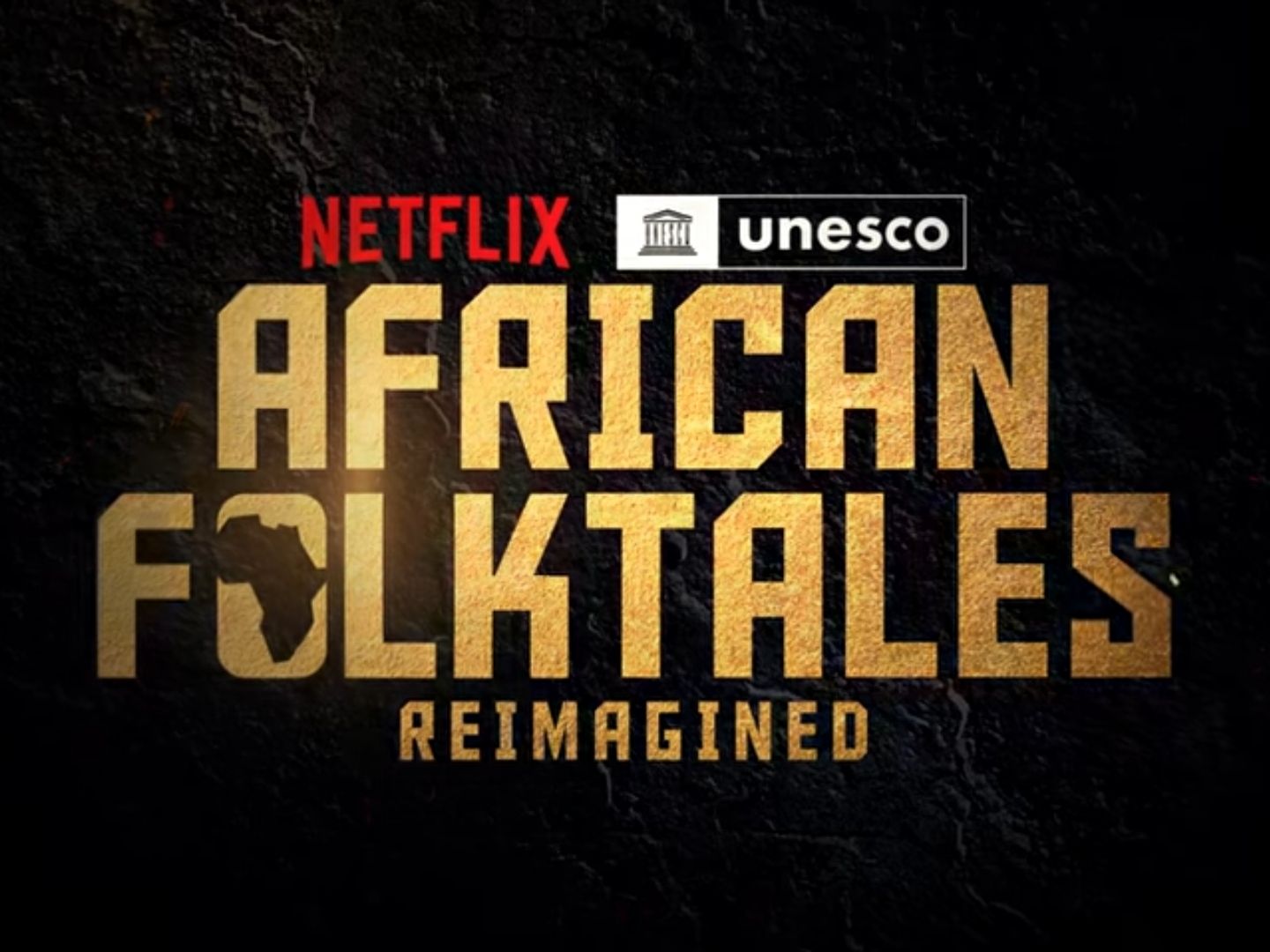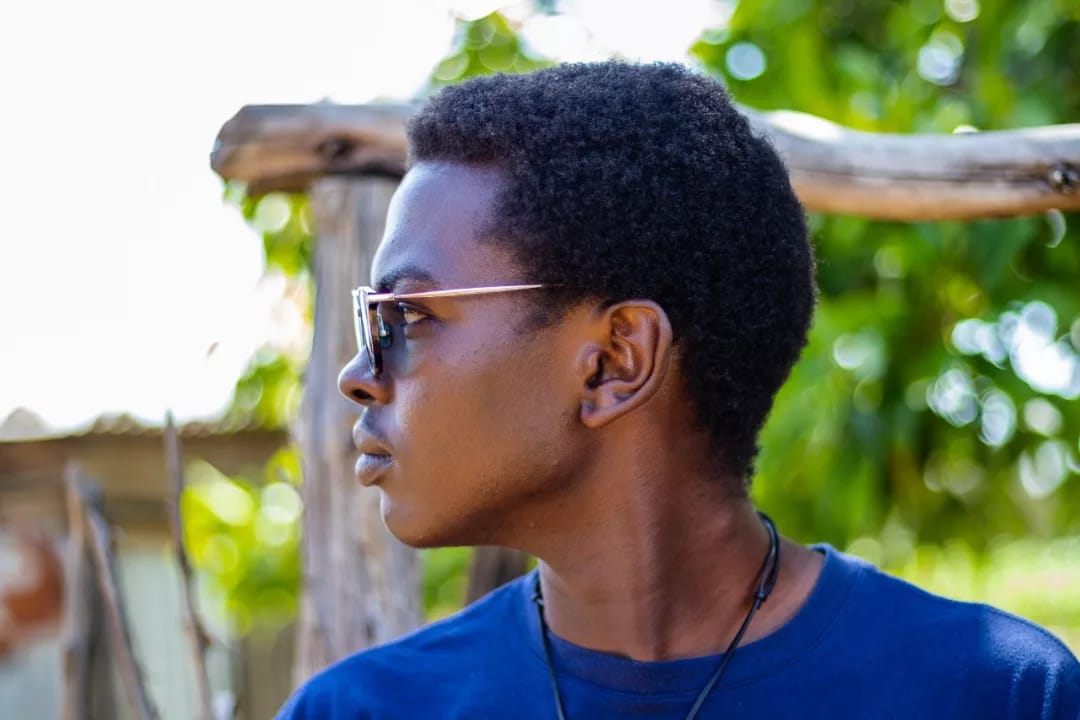The African Folktales, Reimagined short films partnered with the United Nations Educational, Scientific and Cultural Organisation (UNESCO) to undertake a project that may redefine the African film scene. This ambitious project, whose results will be launched on Netflix on the 29th of March, will narrate African stories told by six storytellers from Nigeria, South Africa, Mauritania, Kenya, Uganda and Tanzania. The storytellers were selected meticulously from among 2000 applications from 13 countries in the Sub-Saharan region. With the help of the global platform Netflix, $90,000 funding and mentorship from seasoned filmmakers, this global debut is bound to be nothing short of glorious.
"We are excited to finally bring this anthology of short films created by the next generation of African storytellers to Netflix members worldwide," says Tendeka Matatu, Netflix's Director of Film in Africa. "This initiative is a testament to our ongoing efforts to strengthen the African storytelling pipeline and include voices from underrepresented communities. We're grateful to our partners at UNESCO, who walked this journey with us to provide an opportunity for the six emerging African filmmakers to create and showcase their reimagined folktales to the world in their own languages so that more people can see their lives reflected on screen."
The first short film in the anthology is called Zabin Halima (Halima's Choice), directed by Korede Azeez from Nigeria. It fits in the Sci-Fi and fantasy genre as it is about a young woman from a remote Fulani community who unintentionally elopes with an AI to avoid an engagement. It is produced in the Hausa language and features Habiba Ummi Mohammed and Adam Garba as the main cast. Cinema Kpatakpata produced it, with the producer Kenneth Gyang.
Voline Ogutu from Kenya directed the second short film, Anyango and the Ogre. It is a fantasy drama film about a 13-year-old boy, Otis, who tries to save his younger siblings from a creature that dwells in their house. It features Sarah Hassan and Trevor Jones Kamau as its main cast, combining English and Swahili. Sarah Hassan is also the producer of the film with Alfajiri Productions.
The third short film is called Katera of the Punishment Island. Loukman Ali from Uganda is both the movie's director and producer. It is a thriller about a woman who, while grieving her son's death, exacts her revenge on a man responsible for leaving her on an island. It is produced by Loukout Films and combines English and Runyankole languages. The main cast includes Karababiito Tracy and Michael Wawuyo Jr.
The fourth featured film is Katope, directed by Walt Mzengi Corey from Tanzania. It is a fantasy drama about a child with magical origins who aims to stop drought from wreaking havoc in the community despite the risk of death. The story is told in Swahili and ciGogo languages. The main cast for this film features Jene Mahenyela Mwalimu and Rahele Matete, and the producers are Petrus Van Staden and Rebecca Mzengi Corey. The production company is called Solela Art and Film.
The fifth story is called Enmity Djinn, directed and produced by Mohamed Echkouna from Mauritania. It is also a fantasy drama about an ancient Enmity Djinn who is summoned again three generations later and finds himself in a strange city against a familiar enemy. The story is told using a combination of two languages, Hassaniya Arabic and French, and the main cast includes Zainabou Ahmed Mohamed and Mamadou Mokhtar N'diaye Gueye.
The last story of the anthology is MaMlambo which Gcobisa Yako from South Africa directed. It is a drama about MaMlambo, a mythical river creature who watches the holy waters where dead bodies are dumped. It was produced by Pakiso Albertus and is in the isiXhosa language. It features Simphiwe Dana and Zikhona Bali as the main cast.
"The UNESCO-Netflix partnership represents our shared commitment to the audiovisual industries of Africa, which have the potential to generate US$20 billion in revenue annually," said UNESCO Assistant Director-General for Culture Ernesto Ottone R. "African creativity is a force for sustainable development, and we cannot wait for the audiences around the world to feel its unstoppable energy."
This African creativity, beyond generating money, may go a long way toward making Africans and the world appreciate African stories. It was a time of great wonder and magic reading and watching the fairy tales and stories from the West. To know the story of Cinderella and the glass slipper, Aurora and the true love's kiss and Snow White and the poisoned apple. This was a classic example of how those who write the books, in this case, those who make films, determine what is remembered and what is forgotten. It is time for Africans to take charge of their narrative and ensure it lives on. It is time to ensure that future generations will read these African stories in their flying cars or even on Mars as technology evolves.
It is time to show the world that our myths are just as enthralling as the Greeks'. It is time to teach them how these stories taught us morals and brought us together in the evenings. They should become just as memorable as the Pied Piper of Hamelin. It is time to tell the world about ogres, our beautiful forests, our beliefs, our food and our culture. It is time to tell the world about Africa.





